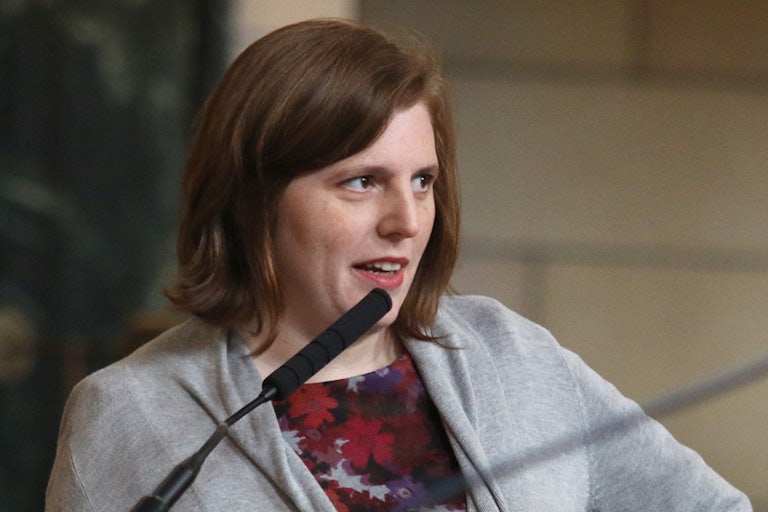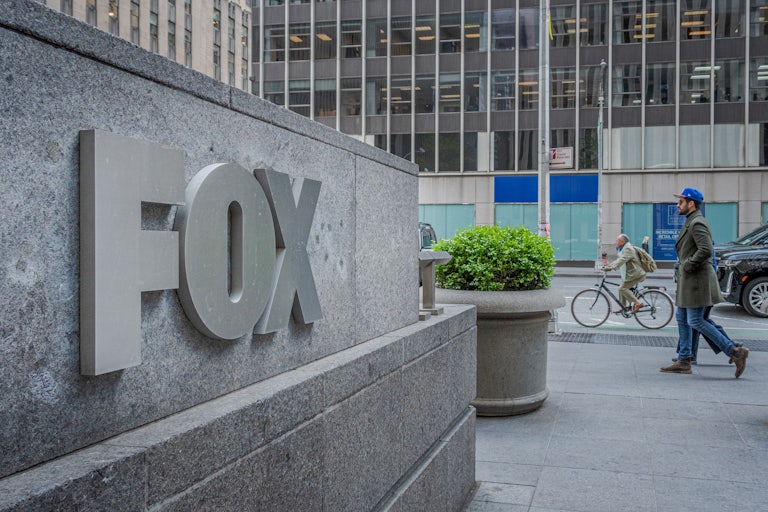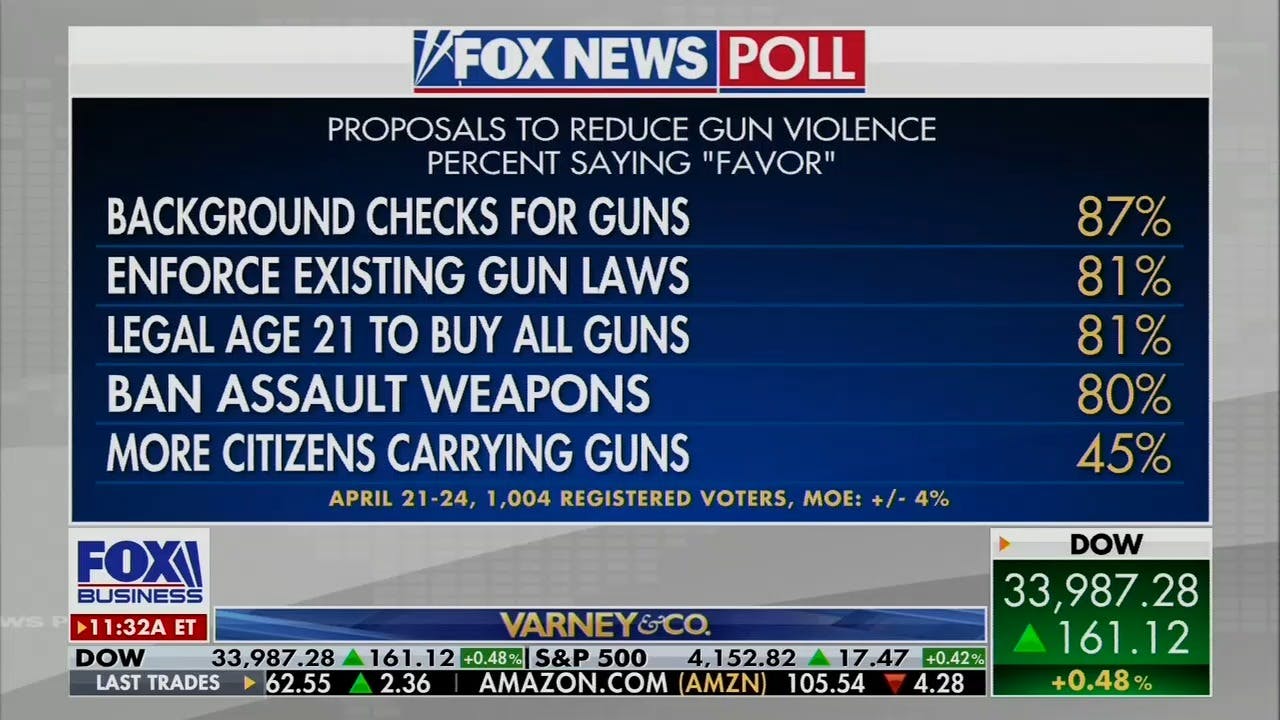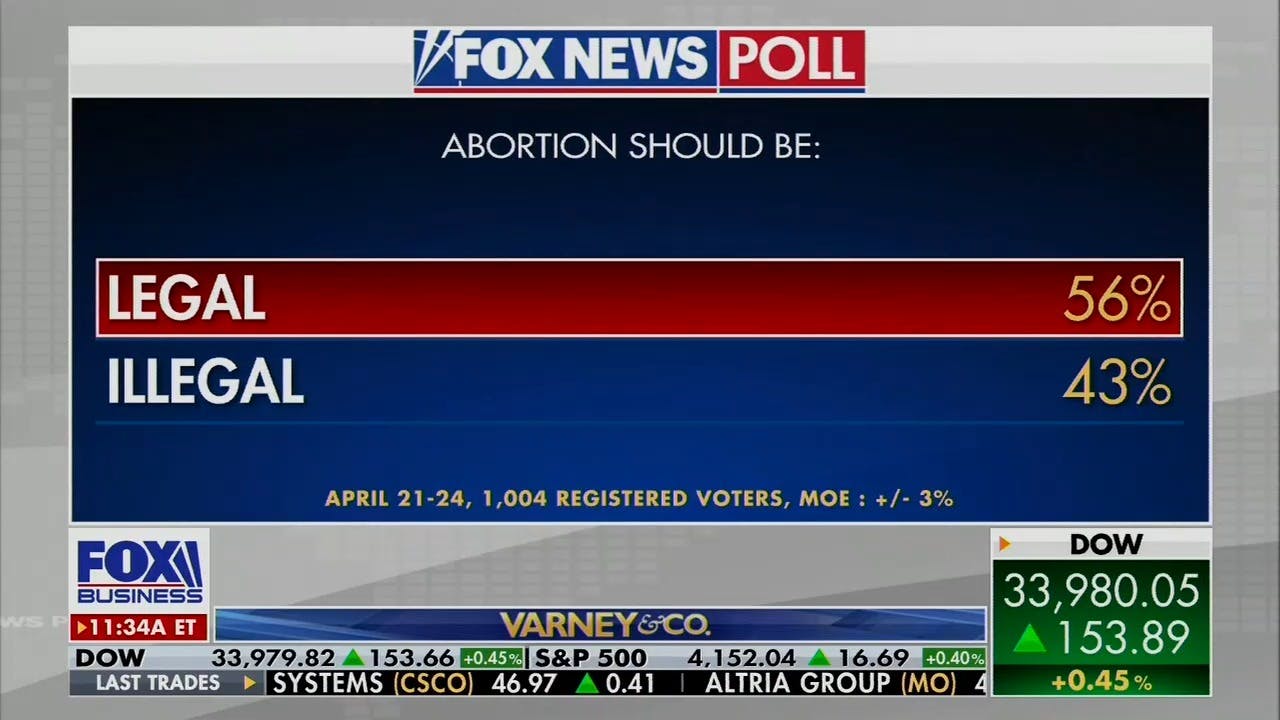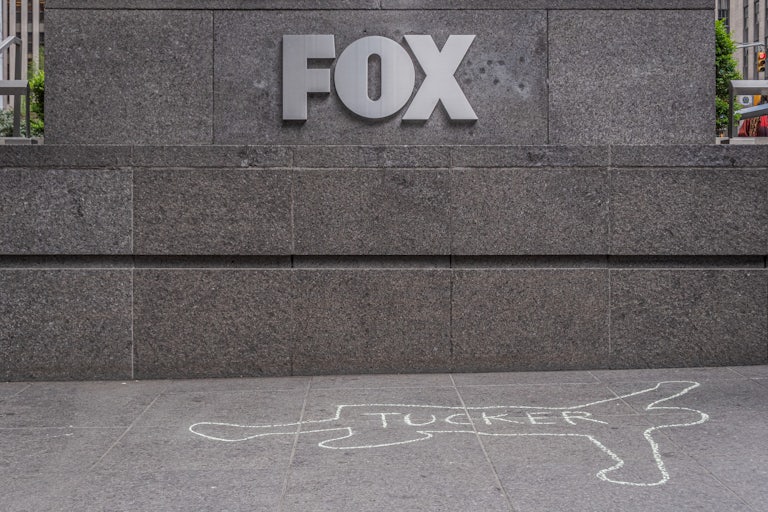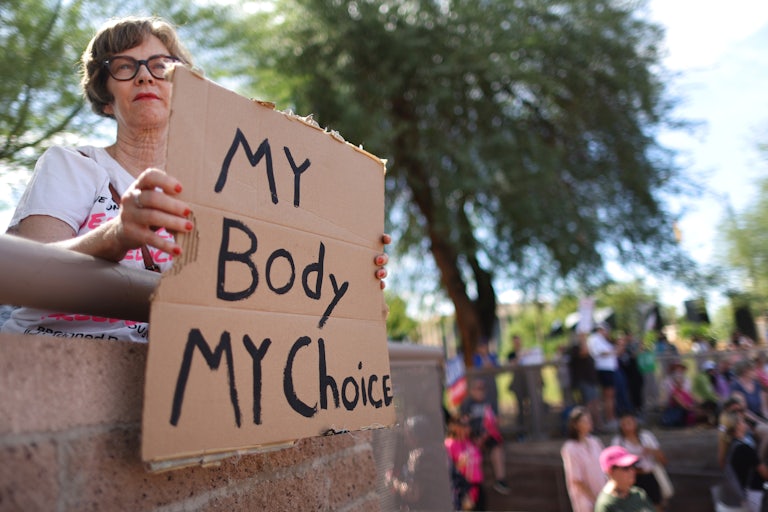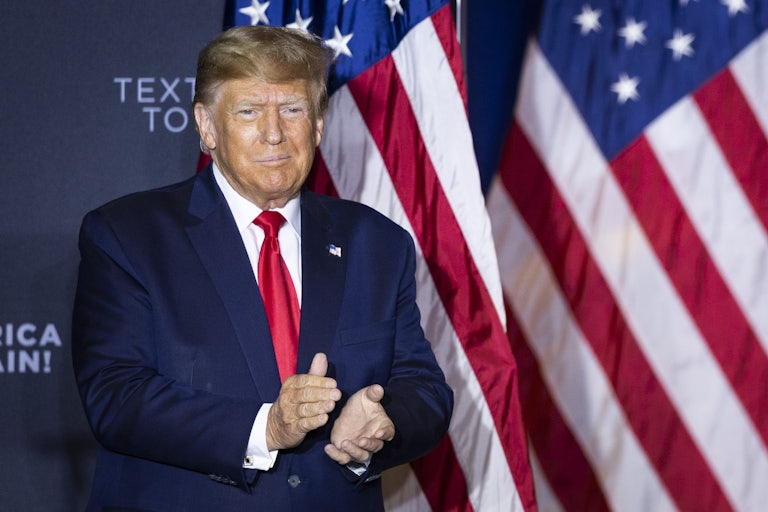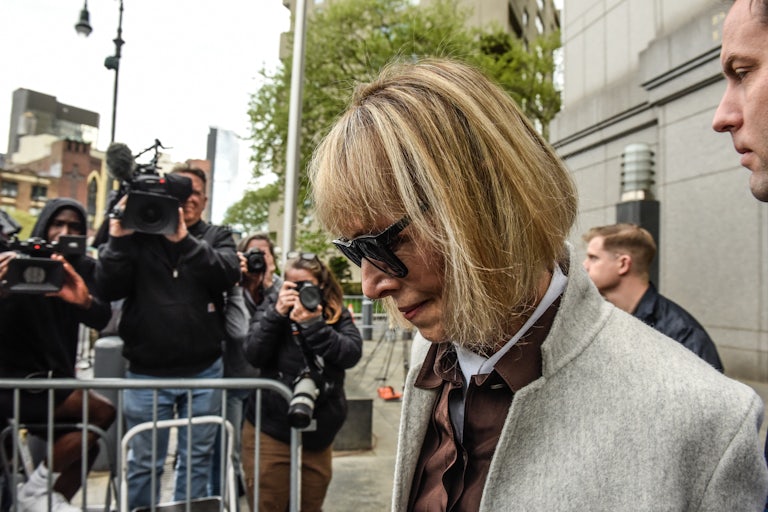First Republic Becomes the Latest Bank to Fool Around and Find Out
The firm becomes the latest financial institution to get in on 2023’s hot new trend of risky decisions leading to total failure.
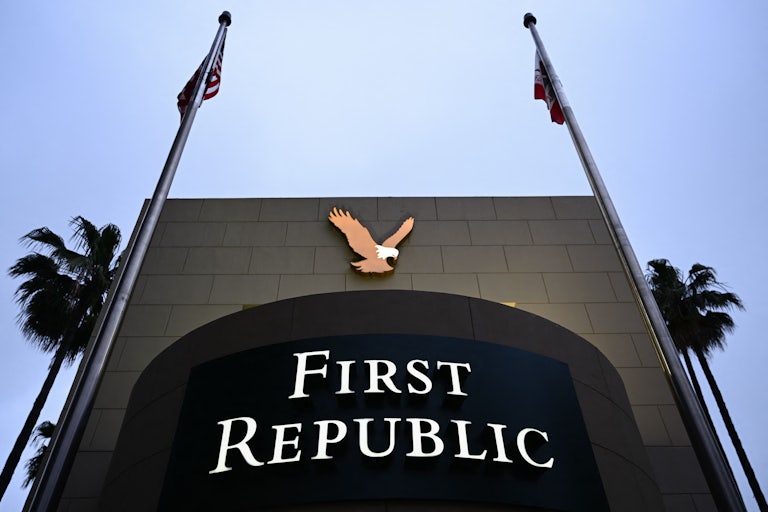
Regulators took over First Republic Bank on Monday, marking the third bank collapse since the start of this year.
First Republic was viewed as the next weak link in the U.S. banking sector, following the collapse of Silicon Valley and Signature Banks in March. A last-ditch effort to save First Republic by injecting it with cash failed.
Following a weekend auction, the Federal Deposit Insurance Corporation announced Monday that JPMorgan Chase would take over First Republic’s assets and deposits, effective immediately. JPMorgan and the FDIC will split the losses and loans.
Much like Silicon Valley Bank, First Republic was a specialized lender. It focused on wealthy customers, at one point counting Mark Zuckerberg among its clientele, and offered fixed low rates on long-term loans for mortgages or businesses.
But the low rates that enticed people to stash their cash with First Republic were the proximate cause of the bank’s downfall. The Federal Reserve has hiked interest rates aggressively over the past year to try to bring down record-high inflation. Returns on First Republic’s loans stayed low, about 3 percent, while the bank had to pay at a 5 percent rate to get new funds from the Fed and Federal Home Loan Bank.
Silicon Valley Bank’s breakdown brought further scrutiny on banks that didn’t insure their deposits, a risky move that was enabled by former President Donald Trump’s rollback of Dodd-Frank regulations in 2018. The Obama-era rules were implemented to make sure that nothing like the 2008 Great Recession happened again. We are now in the midst of the second-biggest bank failure in U.S. history.
The collapse of Silicon Valley Bank and Signature Bank sparked no small amount of fear among investors, and First Republic customers soon began to withdraw their funds, looking elsewhere for stability and better returns on interest rates. First Republic revealed at the end of April that clients had withdrawn more than $100 billion since the start of March.
A group of 11 larger banks agreed to deposit $30 billion in First Republic in an attempt to stabilize it, but the effort fell short. And now First Republic is just another warning story about the dangers of having inadequate bank regulations.
